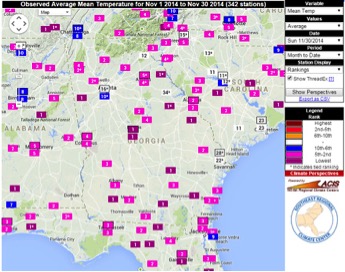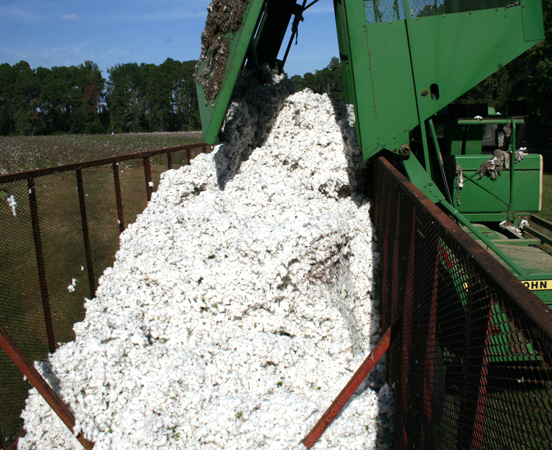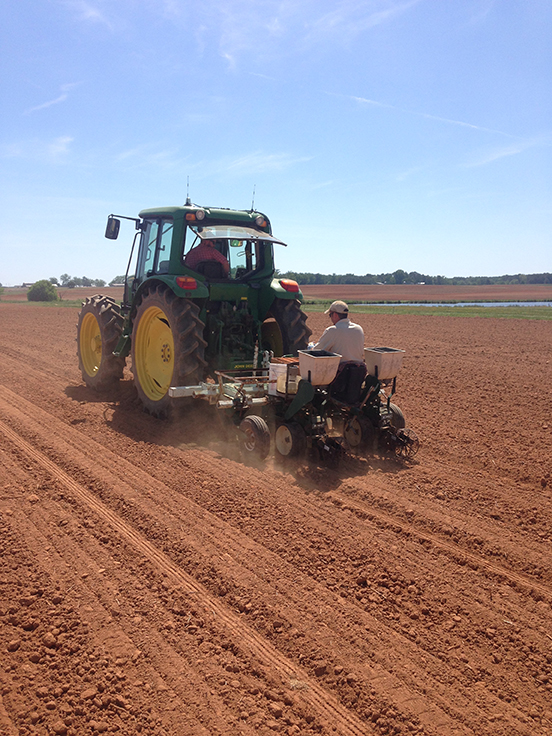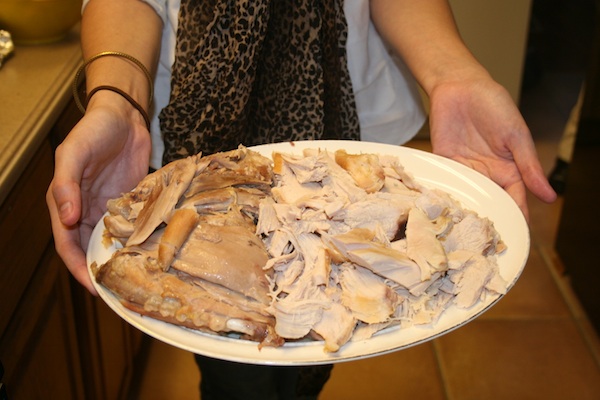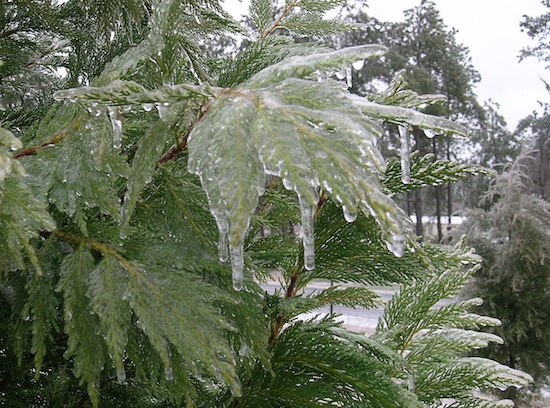 CAES News
CAES News
Breeding Tigers
Less than four years ago, the University of Georgia's Franklin West, an assistant professor, and Steven Stice, director of the Regenerative Bioscience Center, contacted Zoo Atlanta about the possibility of producing a bank of stem cells from two species in danger of extinction: the Sumatran tiger and the clouded leopard.

